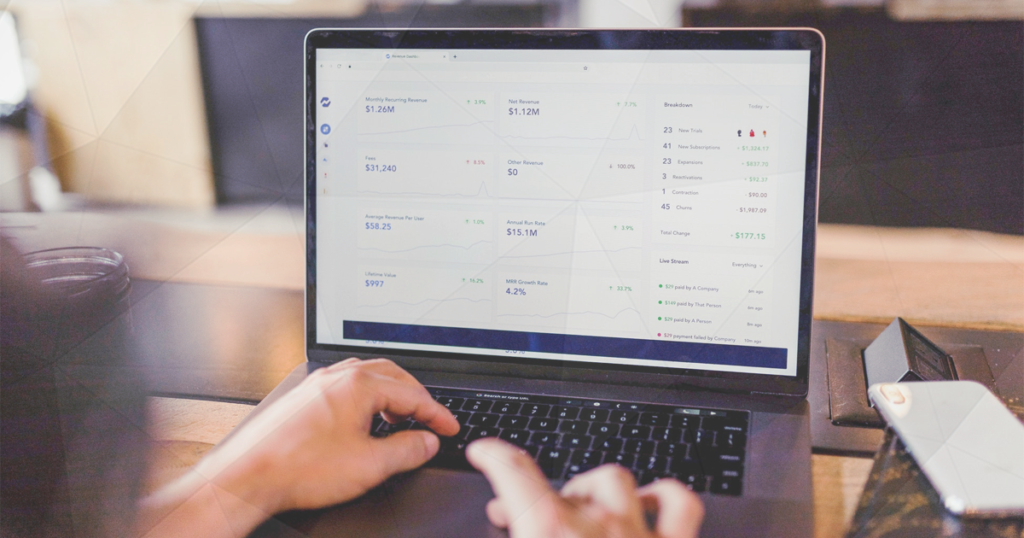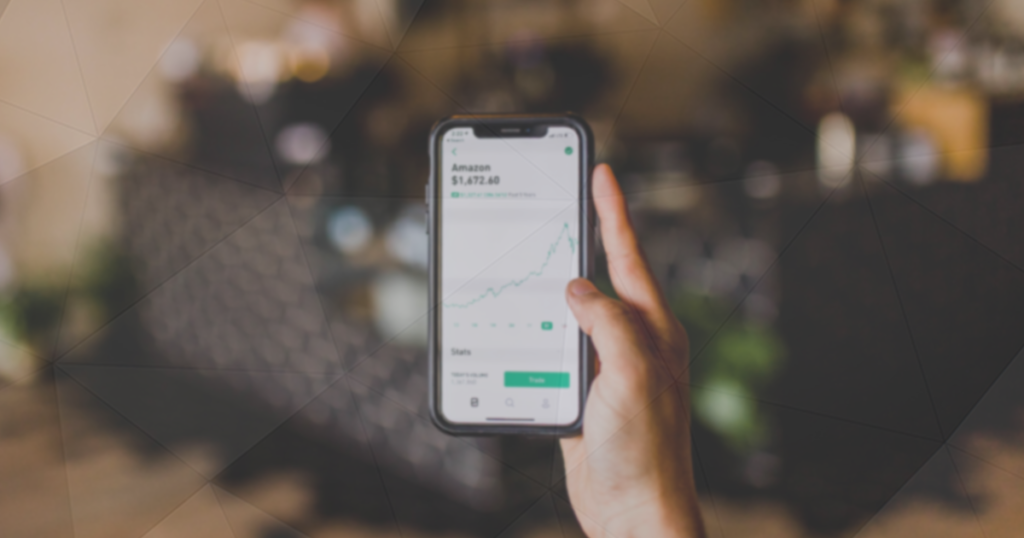Trading Markets: We Reveal The Best Markets for Day Trading

Before placing your first trade as a day trader, it’s important to pick a market for your trading plan.
Although the majority of traders focus on day trading only one market at a time, like currencies, stocks, or futures, you don’t need to restrict yourself to only one market.
Every new trader should be trading across multiple different markets before deciding which one works best for them.
How to Choose the Best Market for Day Trading?
Although the best market to day trade depends on the trading plan and strategy of a trader, there are certain characteristics that make some markets better than others.
Here are some points to think about when choosing a market or markets to day trade.
Liquidity and volatility
Liquidity and volatility are important characteristics that can help you choose the best market for you.
The liquidity of a market refers to the total number of participants, that is, traders, investors, large institutional traders, and commercial companies, that participate in the market. The more market participants who are actively trading on a market, the better the liquidity of the market.
Highly-liquid markets, such as forex and stocks, usually have lower trading costs as there are buyers and sellers who are ready to trade on almost any price level.
Higher liquidity also allows you to easily open trades of almost any size, without much slippage (the difference between your entry price and the price at which your trade gets executed.)
Volatility is another important point to consider when picking markets for day trading. Volatility refers to how much prices move up or down during a period of time. In general, the higher the volatility the riskier is the market for day trading.
Nevertheless, day traders love volatility as it creates highly-profitable trading opportunities, although it also increases the risk of high losses.
There is an important link between liquidity and volatility. As a rule of thumb, the more liquid a market is, the less volatile its price movements as a large number of buyers and sellers compete at every price level.
That’s why the volatility in forex – the most liquid financial market in the world – is quite low. Most currency pairs move less than 1% daily and have annual volatility of around 6%. To make sizeable profits, forex traders rely on higher leverage than most other traders.
- Learn more about this, take our premium course: Trading for Beginners
Trading costs
Since day traders open a relatively large number of trades every day, trading costs is another important consideration when choosing a market to day trade. Trading costs can eat up a significant portion of your profits and undermine your performance.
Trading costs can come in a variety of forms, so make sure to carefully check your broker’s website for all types of costs they charge to their clients. We have a helpful free course called Breaking Down Trading Costs that will help you understand better all the costs involved in trading.
Trading costs can come in the form of spreads (the difference between the bid and ask price), fees and commissions, but also as inactivity fees, monthly account maintenance fees, financing fees, and margin rates, if you’re trading on leverage.
With the advance of technology and the emergence of discount online brokers, trading costs are generally quite low in most markets. Still, some markets have lower trading costs than others.
Highly-liquid and popular markets come with lower trading costs and tighter spreads. On the other side, less liquid and exotic markets carry higher trading costs. Bear this in mind when picking your market for day trading.
Forex traders are usually only charged the spread. However, since forex traders tend to open high position sizes to take advantage of small price movements, this can quickly lead to high trading costs. Stock and futures traders generally pay commissions when opening trades.
Open market hours
Day trading is an active trading style. Trades are opened during the day and closed by the end of the same day, which means that day traders are generally more attracted to markets that have longer open market hours.
Some markets are open around the clock, such as the forex market for example. On the other hand, stock and futures markets follow the open market hours of the exchanges where they’re traded, but many brokers offer trading in pre-market and post-market hours.
Opportunities
A good market for day trading should frequently offer profitable trading opportunities. What trades you are going to trade and what opportunities you’ll take depend on your trading strategy, so make sure that the market you’re trading is a good fit for your strategy and trading plan.
Even within the same market, some instruments offer more trading opportunities than others. Let’s take forex for example. Major pairs that include the US dollar are the most heavily traded currency pairs on the market and still offer plenty of intraday volatility. Exotic currencies, on the other hand, are less liquid and often create choppy price movements that are hard to trade.
The same applies to stocks and futures. Trading a stock with a high daily trading volume, such as Apple or Amazon, offers more trading opportunities than penny stocks. Similarly, trading futures on Brent crude is quite different than trading some exotic futures with low liquidity.
Best Markets to Day Trade
Now that we have covered the most important characteristics of a good day trading market, it’s time to dig deeper into the most popular markets for day trading: forex, stocks, and futures.
1. Forex
The forex market, also called the FX or foreign exchange market, is the largest financial market in the world in terms of daily turnover. Forex traders trade on currencies – they buy currencies that have the potential to rise, and sell currencies that have the potential to fall.
Being the most liquid market in the world, you’ll easily find buyers and sellers at almost any price level. This is especially true for major currency pairs, such as EUR/USD, GBP/USD, and USD/JPY. Even though higher liquidity comes with lower volatility, those pairs and other minor pairs offer plenty of intraday movements and trading opportunities.
Trading costs in the forex market are among the lowest of any other financial market. Spreads on major currency pairs can be as low as one spread while exotic pairs can come with a spread of a few dozens or even hundreds of pips.
The forex market is an over-the-counter market, which means there is no centralised exchange where currency trading takes place. Instead, the forex market is decentralised where buyers and sellers directly interact and compete with each other.
A notable advantage of over-the-counter markets such as forex is that the open market hours are not linked to a centralised exchange. You can trade currencies around the clock, from Monday to Saturday.
Currencies are traded during forex trading sessions, with the major ones being the New York session, the London session, the Tokyo session, and the Sydney session.
Although you can open trades whenever you want, the New York-London overlap usually offers the best trading opportunities and the most volatility. This is the time when major market reports are released from the United States, the United Kingdom, and the eurozone.
All of this makes forex one of the best and most popular day trading markets.
2. Stocks
The stock market is another market that is very popular among day traders. A stock represents ownership in a company.
The stock market is a very liquid market, especially stocks that have a high daily trading volume. Since there are tens of thousands of stocks to choose from, you need to be very careful what stocks you’re trading.
Many successful stock traders have a screening system that helps them filter interesting stocks in the morning, such as those stocks that had positive news, earnings reports, or that trade at daily highs or lows. Those stocks are often candidates for high volatility during the day.
Just like with currency traders, stock traders face usually low trading costs. Many brokers offer a flat fee for trades, commonly $4.95. However, if you decide to trade on stock CFDs (Contracts for Difference), which gives you exposure to the price movement of a stock without actually owning it, trading costs can be even lower.
A small disadvantage of day trading the stock market are open market hours. Stocks trade on an exchange, such as the New York Stock Exchange, and are available for trading from 9:30 am to 4:00 pm, EST. Although you can find brokers that offer trading on pre-market and post-market hours, day trading during those hours can be risky as liquidity vanishes, which can lead to sudden and volatile price movements.
3. Futures
Financial futures are derivative contracts that represent an agreement between a buyer and a seller to make a trade at a specified time in the future. Popular futures contracts include futures on commodities, such as foods, oils, and gas, and metals, such as gold and silver. There are also futures on currencies, stocks, and entire stock indices.
Traditionally, futures contracts have been used to hedge against negative price fluctuations in the underlying asset. For example, an oil producer could lock in his selling price at $50 per barrel by selling a futures contract to a buyer.
The buyer would be obliged to buy a standardized number of barrels on the specified date at exactly $50 per barrel, regardless of the current market price. This way, both the buyer and the seller have certainty about the future buying and selling price.
However, futures can also be used by day traders for speculating on future price movements. In fact, most future contracts change hands before they expire, and the physical delivery of the underlying commodity, metal, or other assets rarely takes place.
Let’s take the oil futures contract as an example again. If oil trades at the market at $60 per barrel, a trader would make a profit as the contract specifies a buying price of $50. The holder of the futures contract could buy at $50 and immediately sell at $60 per barrel.
Futures contracts are quite liquid, especially contracts on popular and highly-traded commodities and metals. Brokers usually charge a commission when trading futures which can start as low as $0.50 per side, depending on the futures contract you’re trading.
Read: The Best Futures Trading Strategies You Can Use (And Ones to Avoid)
Final Words – What is the Best Day Trading Market?
Choosing what market to trade is arguably one of the most important decisions of a day trader. Although each market offers specific advantages and disadvantages, some markets are better for day trading than others.
The most popular day trading markets include forex, the stock market, and the futures market. The forex market is the most liquid financial market in the world, offers low trading costs, and allows trading around the clock, which makes it perhaps one of the best choices for aspiring day traders.
The stock market is also a popular day trading market. It offers plenty of trading opportunities and enough volatility to identify profitable trade setups. However, the market follows the open market hours of the exchange where the stocks are trading, and trading on pre-market and post-market hours can be quite risky.
Finally, the futures market also allows speculation on future price movements, but traders need to take into account both the direction of the market and the date by which the asset has to reach a certain price level. This makes futures trading better suited for experienced day traders.





